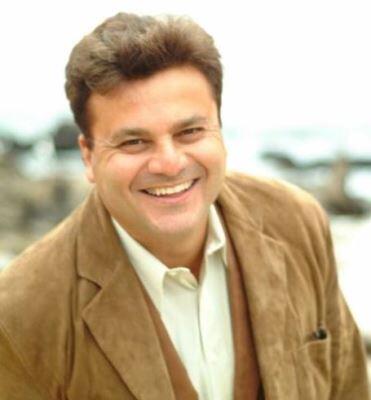First Chapter, Section 3
The Art of Entrepreneurship: Unveiling the Secrets of Success
No Predictive Personality Traits
According to the findings of 30 years of study, there are no personality traits that predict who will be a successful entrepreneur. Successful entrepreneurs and small company owners come in all shapes, sizes, colors, and backgrounds. This diversity highlights that entrepreneurship is not about fitting a particular mold but rather about cultivating a set of skills and mindsets that can be learned and developed.
Entrepreneurship as a Learnable Skill
Entrepreneurship is a talent that can be learned. In this book, we will explore the qualities that contribute to entrepreneurial success and design a system to foster motivation, innovation, and creativity. Understanding why some individuals see possibilities while others do not is crucial. Similarly, comprehending why some people are driven to create such possibilities while others are not is essential to fostering an entrepreneurial mindset.
Mindfulness in Entrepreneurship
The solution to these questions may be found by carefully studying how entrepreneurs and other individuals think, observe, create, and inspire themselves. Entrepreneurs use various types of observation and motivation to make sense of the complex environment around them. This ability, referred to as mindfulness, enables them to perceive opportunities and act on them creatively and innovatively.
Cognitive Differences of Entrepreneurs
But, in terms of cognition, awareness, motivation, and observation, do entrepreneurs truly differ from the rest of us? And if they do, what is the reason behind this? A modest but increasing body of research has addressed these concerns, leading to the conclusion that entrepreneurs do, in fact, differ from ordinary individuals in some cognitive processes.
Schumpeter’s Vision of Entrepreneurship
Schumpeter (1934), writing more than 60 years ago, stated that “the entrepreneur seeks to reform or revolutionize the pattern of production by exploiting an invention or, more broadly, an untested technological possibility.” Entrepreneurship is defined as “doing things that are not commonly done in the ordinary course of business.” This definition emphasizes the innovative and transformative nature of entrepreneurship, where entrepreneurs push boundaries and explore new possibilities.
The Essence of Mindful Observation
The most essential aspect of this book is about attentively seeing, perceiving, and making meaning of the information we get. Discovering the innate drive, awareness, and core aspects of your being—much deeper than your ideas—that enable you to confront the delight of the present is what mindfulness is all about. Trying to perceive and observe the world and what’s in it in a variety of ways and from many angles is the core of creativity and motivation. The issue is that most individuals have created inflexible methods of doing things and rules for how they should be done. Mindful creativity may dissolve these rigidities, transforming boring and lonely lives into rich and fascinating ones.
Erwin Schrödinger and Niels Bohr on Quantum Leaps
The importance of embracing different perspectives and breaking free from conventional thinking is exemplified in a debate on wave mechanics between Erwin Schrödinger and Niels Bohr. Schrödinger remarked, “Surely you realize that the whole idea of quantum jumps is bound to end in nonsense.” Bohr responded, “What you say is absolutely correct. It does not, however, establish that there are no quantum leaps. It simply demonstrates that we cannot envision them and that the representational notions we use to describe events in everyday life and experiments in conventional physics are insufficient for explaining quantum leaps. We should not be shocked, given that the processes involved are not objects of direct experience.” (W. Heisenberg, Physics and Beyond, Allen & Unwin, London, 1971)
Transforming Perspectives Through Mindfulness
This exchange highlights the necessity of viewing problems from new angles and questioning established norms—key components of entrepreneurial thinking. Just as quantum physics challenges our conventional understanding, entrepreneurship challenges traditional business practices. By cultivating mindfulness, entrepreneurs can develop the flexibility and creativity needed to navigate and innovate in an ever-changing world.
Entrepreneurship is not about innate traits but about developing a mindset that embraces creativity, innovation, and mindful observation. By learning to see opportunities where others do not and fostering the motivation to act on these opportunities, anyone can cultivate the skills necessary for entrepreneurial success. This book aims to inspire and guide you on this journey, helping you to harness your intrinsic motivations and become a force for innovation and positive change. Through continuous engagement with your unique perspectives and mindful living, you can transform challenges into opportunities, leading a fulfilling and successful entrepreneurial life.
